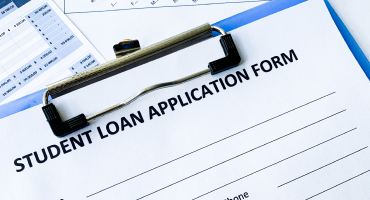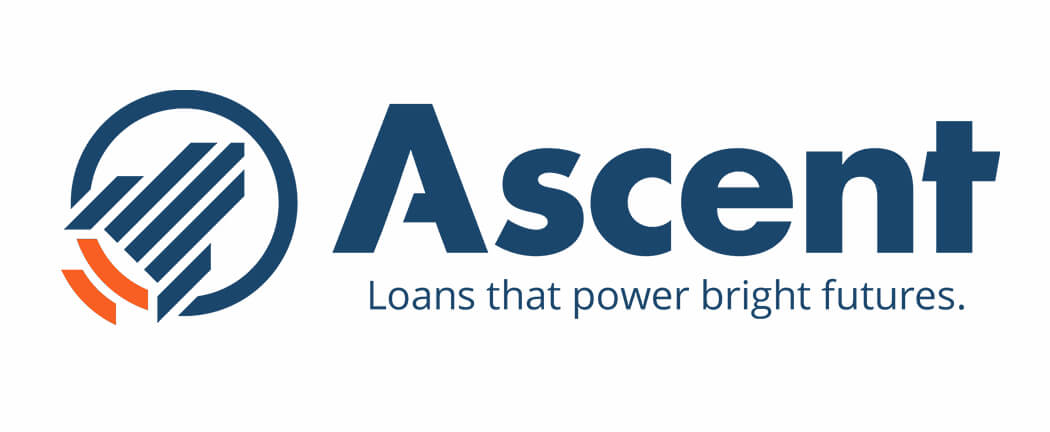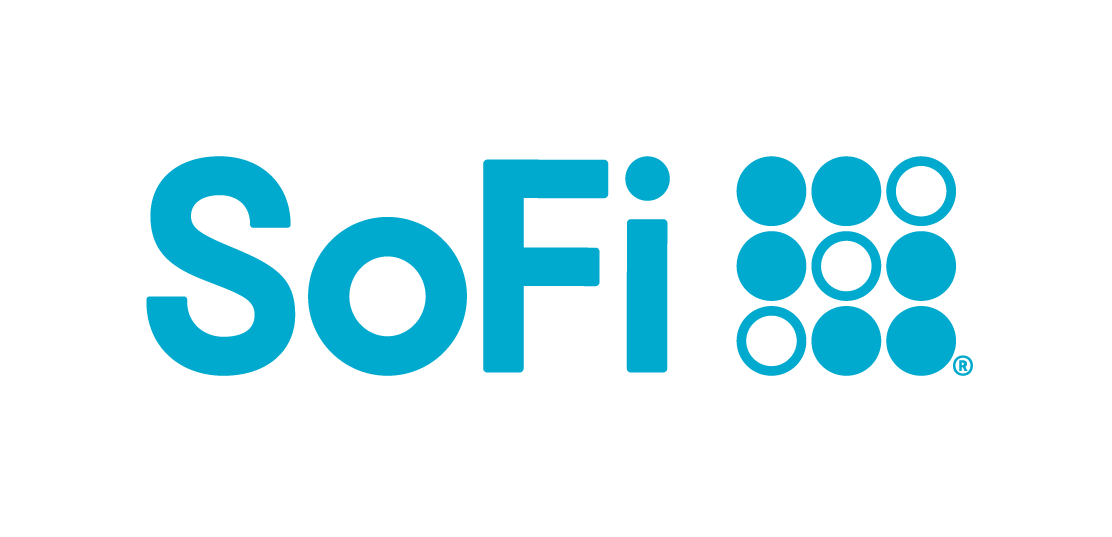{{parent.cta_data.text}}
Featured Lenders
View Full RankingsFAQs
Once you exhaust your college savings and gift aid (i.e. scholarships, grants, etc.), you may need to borrow a student loan to pay for college costs. A student loan enables you to borrow money to pay back at a later date, plus interest. If you graduate with a $10,000 loan with a 5% interest rate and plan to pay it off over 10 years, you will pay $2,728 in interest over the 10 years that you repay the loan, in addition to the $10,000 principal balance and any loan fees. There are two main types of student loans. Federal student loans are loans made by the U.S. Government that come with many benefits. Private loans are made by a private lender, such as a bank or a credit union. It is often recommended that you turn to federal student loans before private loans.
There are many ways to avoid student loan debt. Saving for college is a great solution, but there are still ways to reduce student loan debt even if you weren’t able to save. Apply for as many scholarships as you can. Fill out the FAFSA to apply for grants and work-study opportunities. Find an employer who offers tuition assistance and work while you attend college. There are also work colleges where you work in exchange for tuition as well as colleges that have free tuition. Choose an affordable college, stay on track to graduate and reduce expenses as much as possible while you’re in school.
Federal student loans are loans made by the U.S. Government and private loans are made by a private lender, such as a bank or a credit union. Federal student loans offer better benefits, including the possibility of student loan forgiveness, an option to make payments based on your income, options to postpone payments during times of unemployment and economic hardship and even the chance for cancellation of some federal loans.
Most college students do need a cosigner to get approved for a private student loan. A cosigner should be a responsible adult with good credit and a steady income. Keep in mind it’s a lot to ask to be a cosigner, since it will impact their credit and they are legally responsible for repaying the student loan if you fail to repay the debt.
A fixed interest rate does not change, while a variable interest rate can increase (or decrease). A variable rate may seem desirable because it is often lower than a fixed rate, but it is more of a risk, since it could very well increase. A variable rate could change as often as monthly. A fixed rate offers more predictable monthly loan payments.
When you refinance a student loan, you are taking out a new loan with a private lender. Most people choose to refinance the student loans when they are able to get a lower interest rate. A lower interest rate means you will save money overall. Some may choose to refinance a student loan if they want to release a cosigner from the original loan or to switch lenders. But, refinancing federal student loans into a private loan means the loss of federal benefits, including income-driven repayment, the potential for loan forgiveness or widespread cancellation and the option to pause payments.
Refinancing federal student loans into a new private student loans results in losing a lot of federal benefits. These include the potential to have some of your student loans forgiven (where you don’t have to pay the debt back after making 120 qualifying payments), payments based on your income and family size, an option to pause payments if you lose your job and the possibility for widespread cancellation.

 {{parent.title}}
{{parent.title}}
 Login
Login



























